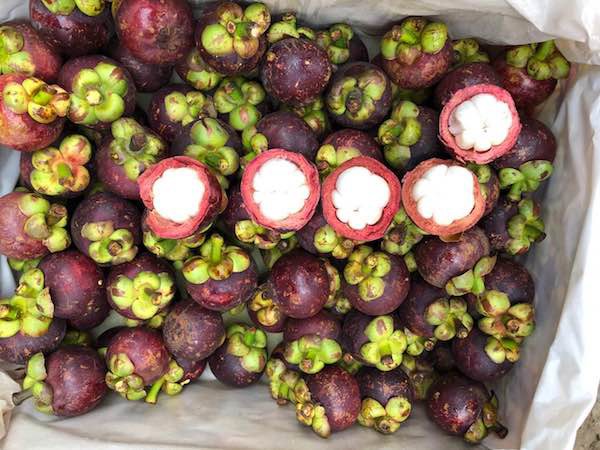The Chinese market gradually recovered in the last few weeks, but in the end, the overall retail conditions were not great. This is the time of year when imported fruit enters the Chinese market in large volumes, but the overall import volume is smaller than around this time last year.
Cai Zong of Xiamen Fruit City Trade Co., Ltd. recently analysed the current conditions in the Chinese fruit market: "The trade conditions began to change earlier this month. The market is quite different from last month. The outbreak of the corona virus following Chinese Spring Festival [25 January, 2020] had an immense impact on fruit sales. Industries and markets with a high demand for fruit closed down during this period. Think for example of restaurants, cafe's, and fruit shops. Even the most popular fruits had difficulty finding buyers during this period.
"Avocado, pineapple, and grapefruit are always popular with consumers, but the COVID-19 epidemic significantly impacted their sales. The overall sales conditions also deteriorated because most people stayed inside in isolation, and the number of people in the shops drastically declined. E-commerce, however, expanded its business during this period. We have our own online retail channel, but we also deliver to other e-commerce platforms."

At the moment, Cai Zong mainly sells mangosteen from Indonesia and Thailand. When asked about current conditions, he replied: "Chinese market demand for mangosteen from Thailand is quite strong. The Thai mangosteen only just entered the market. The price of Indonesian mangosteen is around 200 yuan [28.27 USD], while the price of Thai mangosteen is around 320-350 yuan [45.24-49.48 USD]. These prices are on the same level as last year. The price is not expected to rise in the short term.
"The main reason for the price difference is the relatively poor product quality of Indonesian mangosteen. Market competition is fierce, which means that even the price of Thai mangosteen can not rise too high. The Indonesian mangosteen season is approaching its final stage, but Thailand has only just started the mangosteen production season, which will continue until September. The production volume in Thailand is more or less the same as last year, but distribution is more complicated because of isolation measures. This means that trade slows down. Truck drivers who cross the border have to spend 14 days in quarantine, which means that there are very few truck drivers willing to take international routes."

"We have therefore investigated the possibility of air freight. The cost price of air freight is more or less the same as the cost price of transport trucks at the moment, and air freight is more stable. The roads are still blocked in some places and there is a shortage of drivers, which creates instability and pushes the cost price up.
"Trucks will soon have to compete with airplanes. Another problem that remains is the waiting period at the border. A shipping container has to wait 4.5 days before being allowed across the border. Since we deliver fruit that easily spoils, we have to sell the fruit as quickly as possible. Many buyers only purchase small volumes to reduce the risk of losing an entire shipment at the border."
Cai Zong is specialized in fruit imports. In addition to mangosteen, he also sells US oranges and lemons, as well as Israeli grapefruit, apples from the USA, France, and New Zealand, dragon fruit, avocado, and grapes from South Africa and Australia.
For more information:
Cai Zong
Xiamen Fruit City Trade Co., Ltd.
Tel.: +86 13341778272
